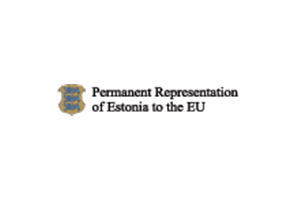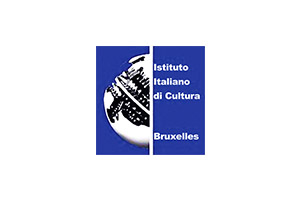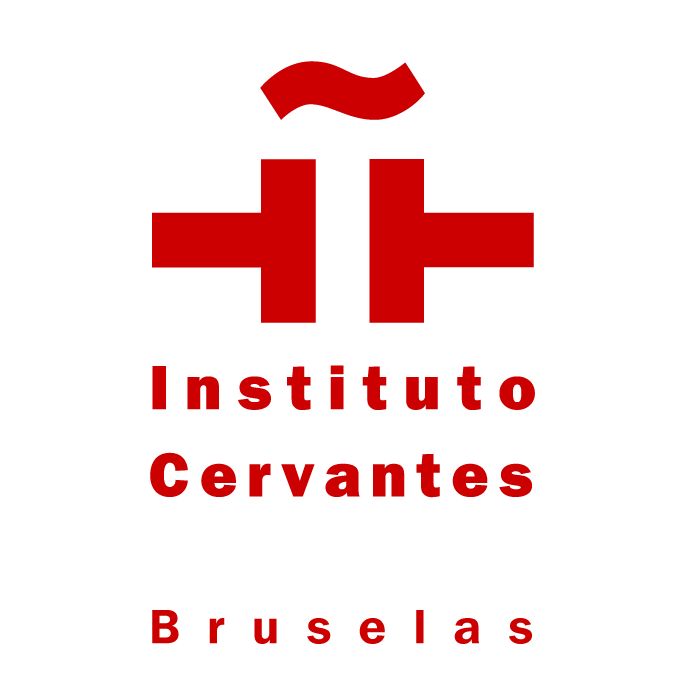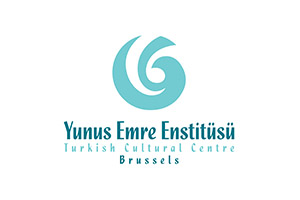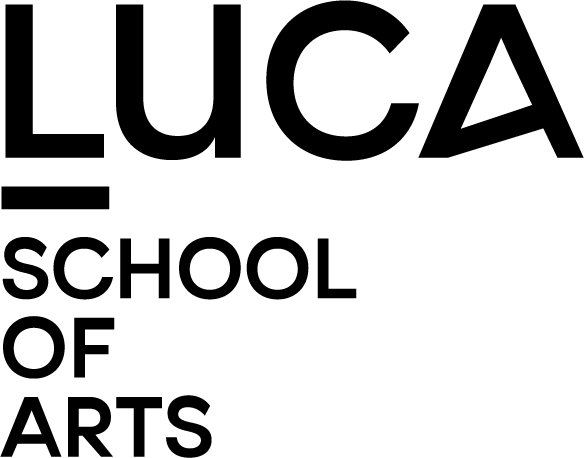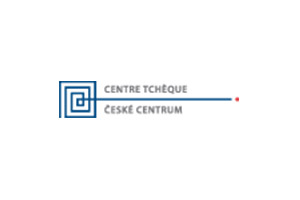Find a poet
Latest updates
-
TRANSPOESIE 2025
09/24/2025 -
Transpoesie 2025 - Programme
09/24/2025 -
Transpoesie 2025 - Open Call
04/16/2025
Maja HADERLAP
Maja Haderlap, born in 1961 in Bad Eisenkappel/Železna Kapla, Carinthia, is an Austrian writer.
Haderlap studied Theatre studies and German language and literature in Vienna. After her graduation she worked as assistant dramatic advisor, program editor and lecturer at the University of Klagenfurt. Between years 1992 and 2007 she worked as drama supervisor at the Klagenfurt City Theatre.
Haderlap writes prose, poetry and essays in Slovenian and German and translates from Slovenian into German language.
Maja Haderlap has received many awards, such as the Austrian State Scholarship for Literature in 2006/07, the Ingeborg-Bachmann-Prize in 2011 and the Bruno-Kreisky-Prize for the political book 2011 for her novel Engel des Vergessens. The novel deals with the resistance of the Carinthian Slovene minority against German Armed Forces.
Maja Haderlap is one of the most significant contemporary Austrian writers who write in Slovenian.
Maja Haderlap, geboren 1961 in Bad Eisenkappel/Železna Kapla, Kärnten, ist eine österreichische Schriftstellerin.
Haderlap studierte Theaterwissenschaft und Germanistik an der Universität Wien, wo sie auch promovierte. Nach dem Studium arbeitete sie als Dramaturgieassistentin, Programmlektorin sowie Lehrbeauftragte an der Universität Klagenfurt. Von 1992 – 2007 war sie Chefdramaturgin am Stadttheater Klagenfurt.
Haderlap schreibt Prosa, Lyrik und Essays in slowenischer und deutscher Sprache und übersetzt aus dem Slowenischen ins Deutsche.
Sie hat zahlreiche Auszeichnungen erhalten, darunter das Österreichische Staatsstipendium für Literatur 2006/2007, den Ingeborg-Bachmann-Preis 2011 sowie den Bruno-Kreisky-Preis für das politische Buch 2011 für ihren Roman Engel des Vergessens, der sich mit dem Widerstand der Kärntner Slowenen-Minderheit gegen die deutsche Wehrmacht befasst.
Maja Haderlap zählt zu den bedeutendsten slowenisch schreibenden österreichischen AutorInnen der Gegenwart.
Maja Haderlap, née en 1961 à Bad Eisenkappel/Železna Kapla, en Carinthie, est une écrivaine autrichienne.
Maja Haderlap a étudié le théâtre et la philologie germanique à Vienne. Après l’obtention de son diplôme, elle a travaillé comme assistante dramaturge, éditrice de programme et lectrice à l’Université de Klagenfurt. De 1992 à 2007, elle a été superviseur de la dramaturgie au Théâtre de Klagenfurt.
Maja Haderlap écrit de la prose, de la poésie et des essais en slovène et en allemand et est également traductrice (slovène-allemand). Son œuvre a été récompensée par de nombreux prix tels que le Prix d’État autrichien pour la littérature en 2006/2007, le Prix Ingeborg Bachmann en 2011 et le Prix Bruno Kreisky du livre politique en 2011 pour son roman Engel des Vergessens. Celui-ci traite de la résistance de la minorité slovène de Carinthie contre l’armée allemande.
Maja Haderlap fait partie des écrivains autrichiens de langue slovène les plus éminents de notre époque.
Maja Haderlap, geboren in 1961 in Bad Eisenkappel/Železna Kapla, Carinthië, is een Oostenrijkse schrijfster.
Haderlap studeerde theater en Germaanse filologie aan de universiteit van Wenen, waar ze ook promoveerde. Na de studies werkte ze als assistent dramaturg, programma-editor en lector aan de universiteit van Klagenfurt. Van 1992 – 2007 was ze verantwoordelijke voor de dramaturgie aan het stadstheater in Klagenfurt.
Haderlap schrijft proza, lyriek en essays in de Sloveense en Duitse taal en vertaalt uit het Sloveens in het Duits. Ze heeft talrijke prijzen ontvangen, waaronder de Oostenrijkse Staatsbeurs voor Literatuur 2006/2007, de Ingeborg-Bachmann-prijs 2011 en de Bruno-Kreisky-prijs van het politieke boek 2011 voor haar roman Engel des Vergessens, die gaat over het verzet van de Slovenen in Carinthië tegen de Duitse weermacht.
Maja Haderlap behoort tot de belangrijkste hedendaagse Oostenrijkse auteurs die in het Sloveens schrijft.

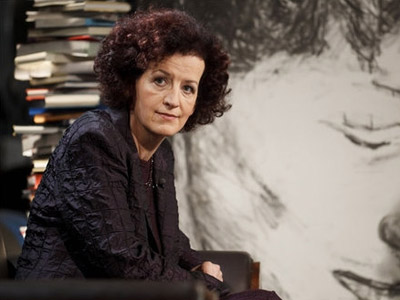
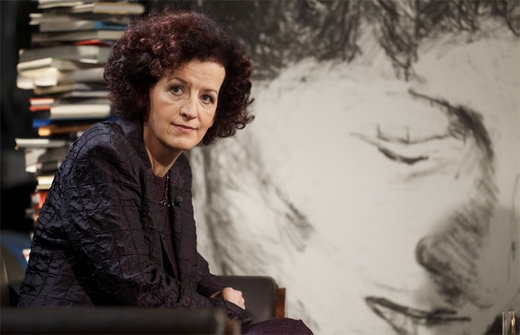

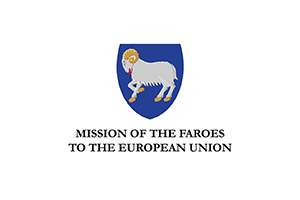
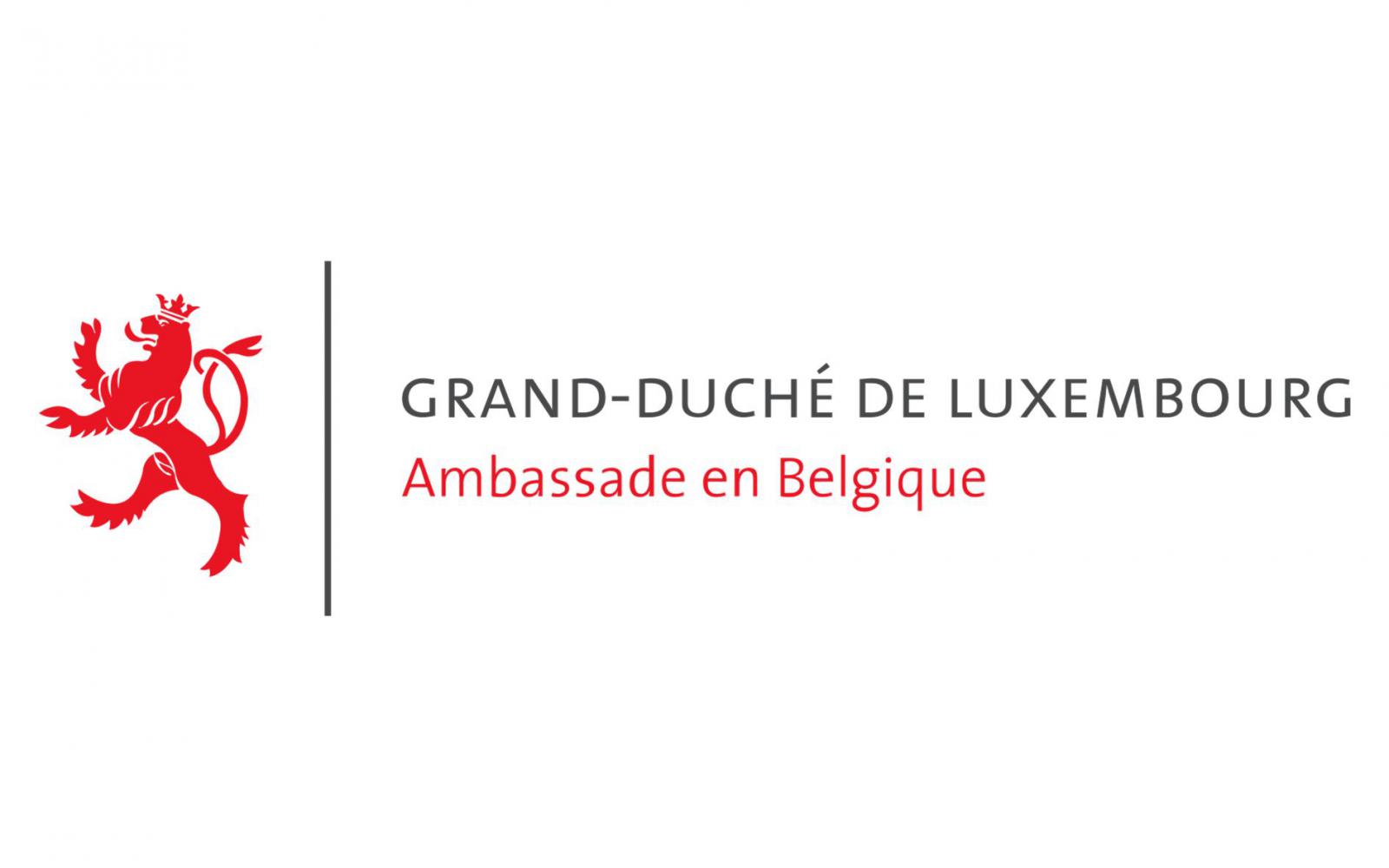
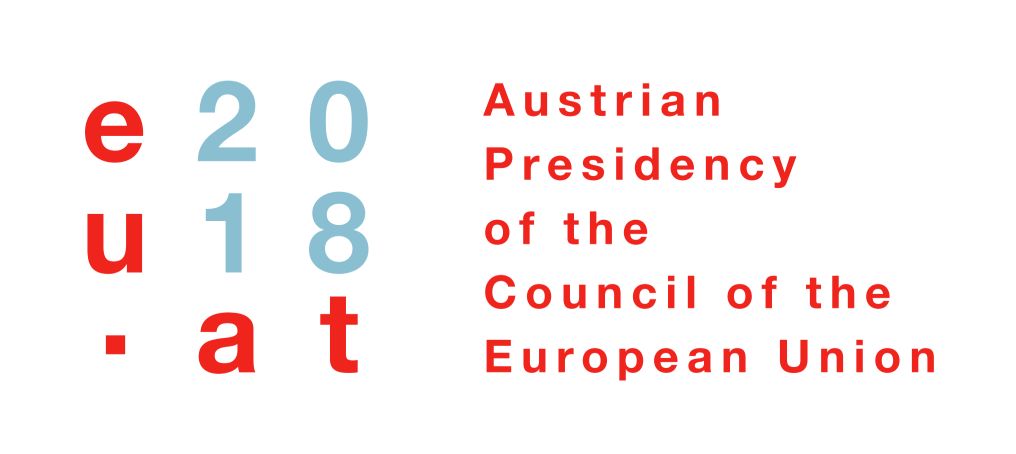
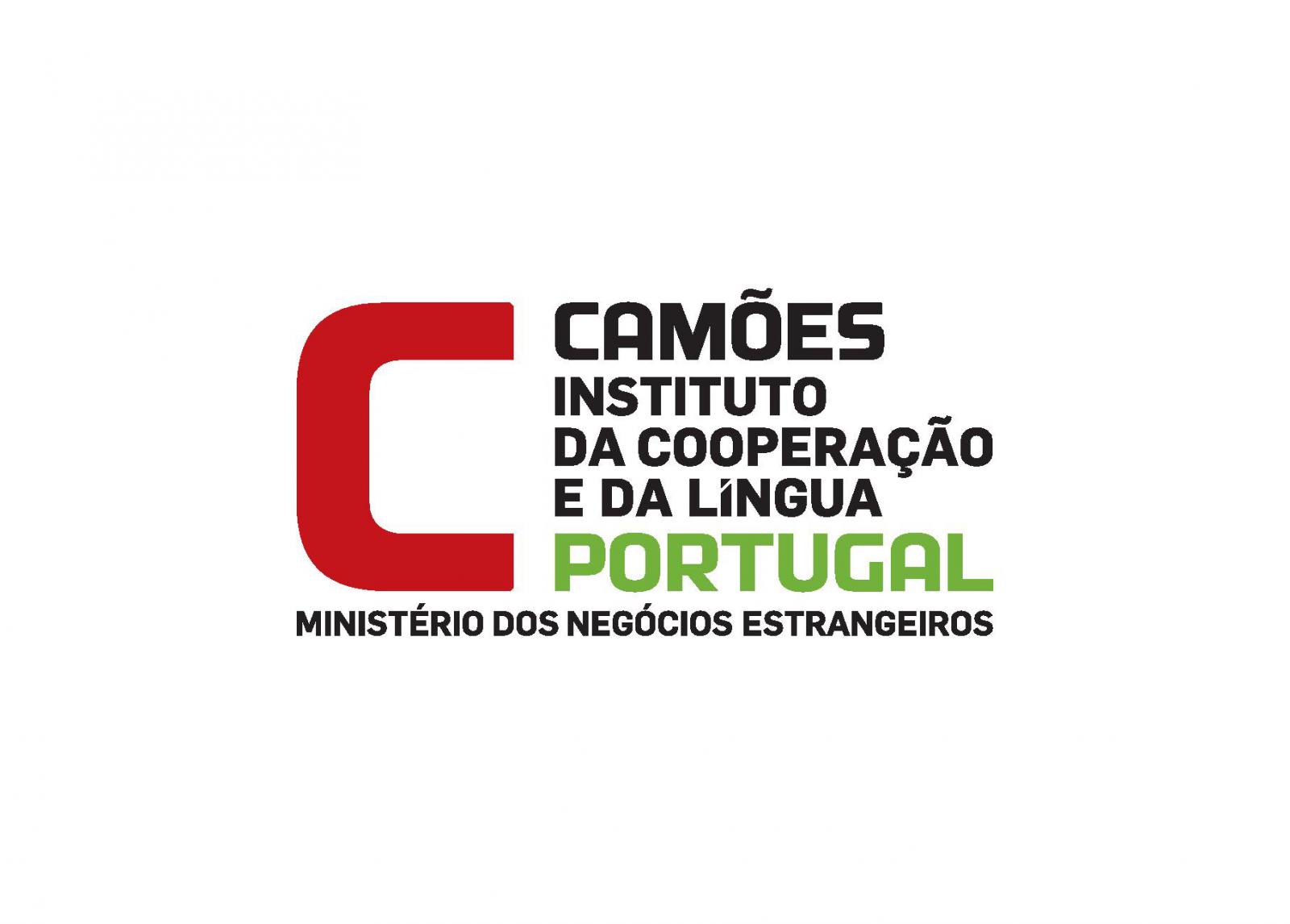


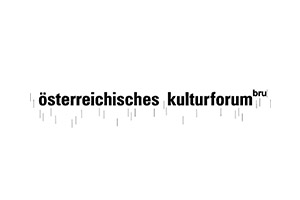
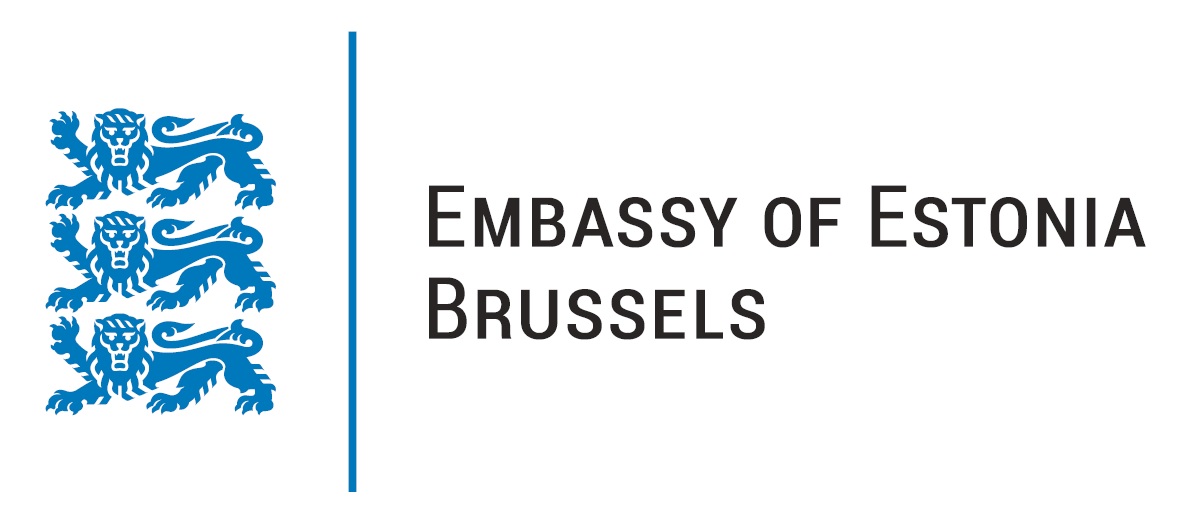
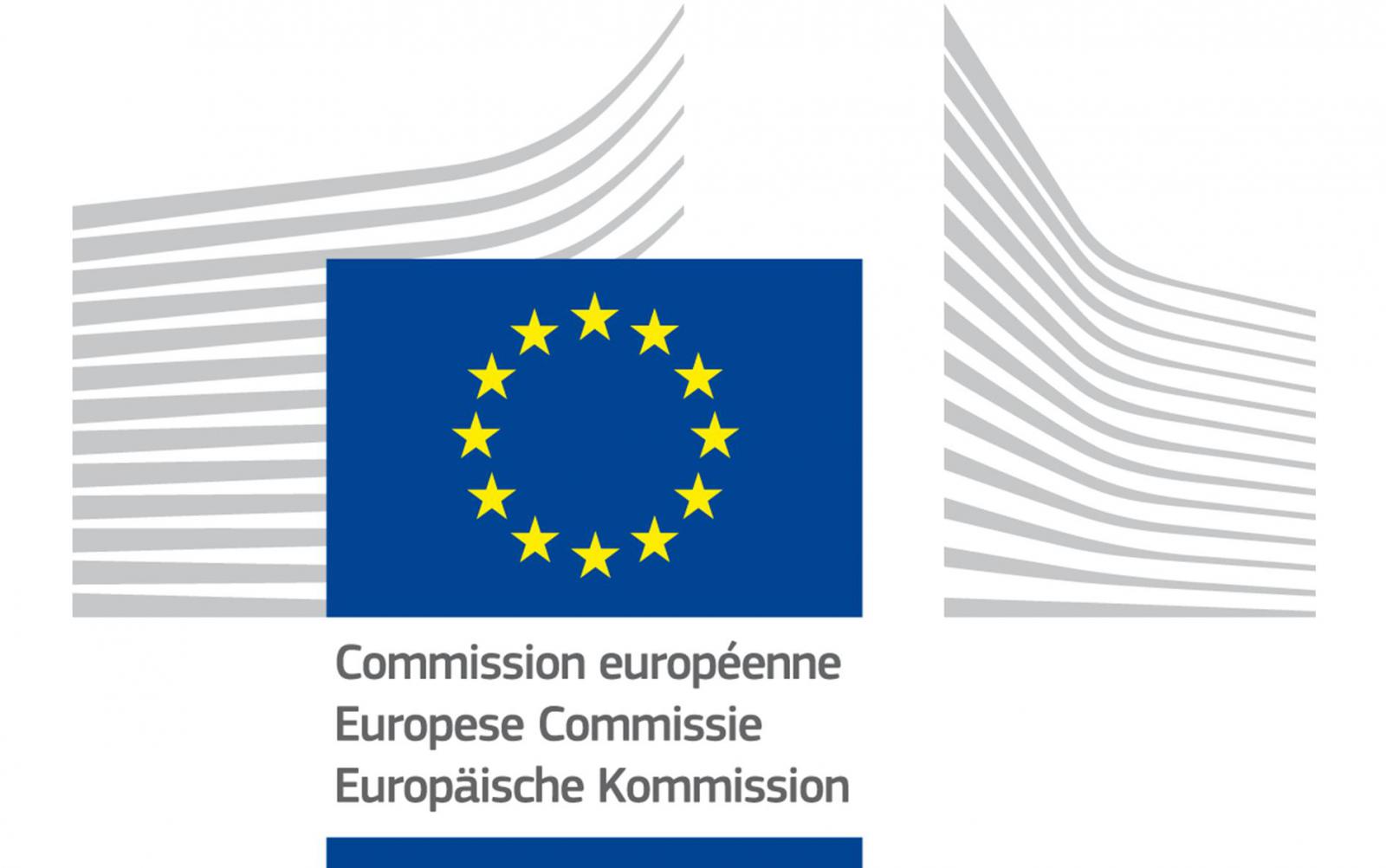

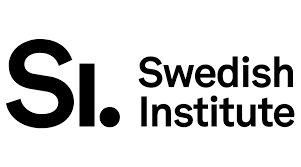


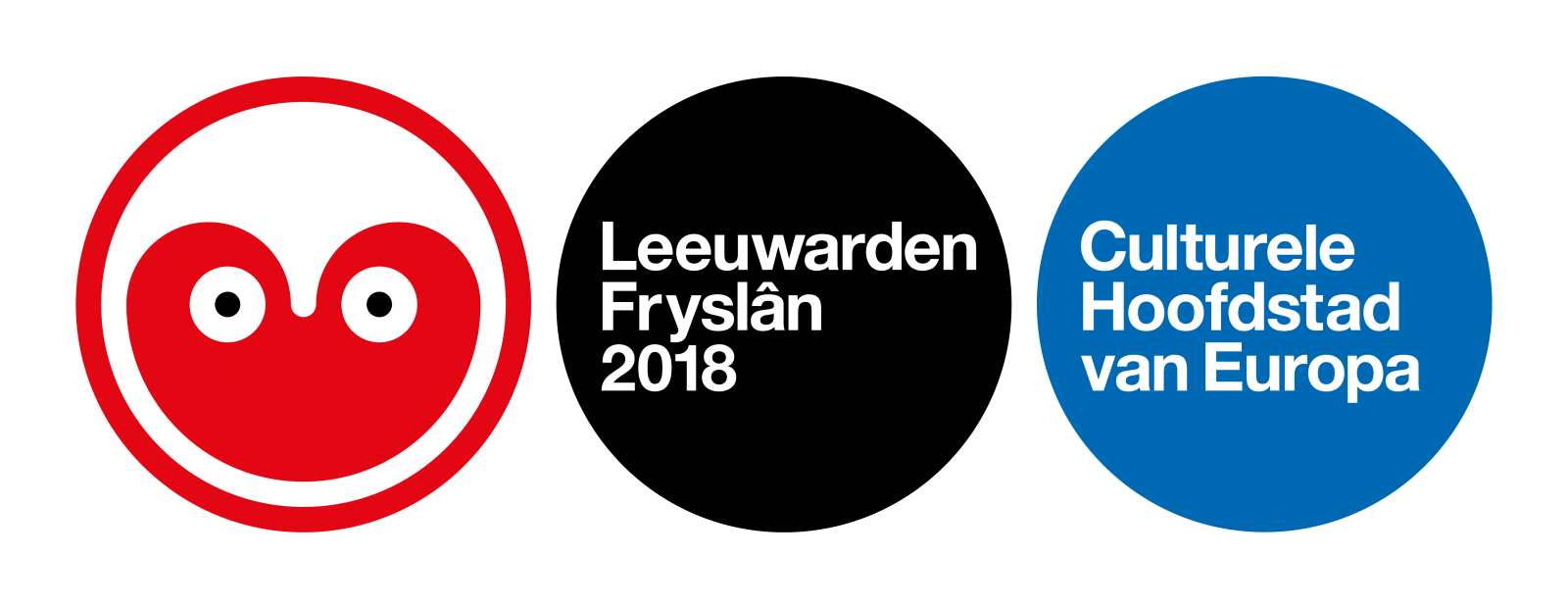
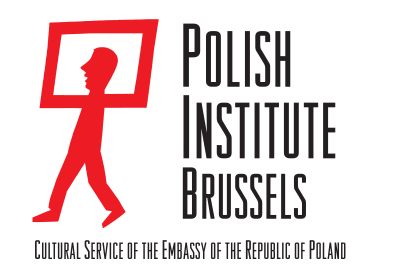



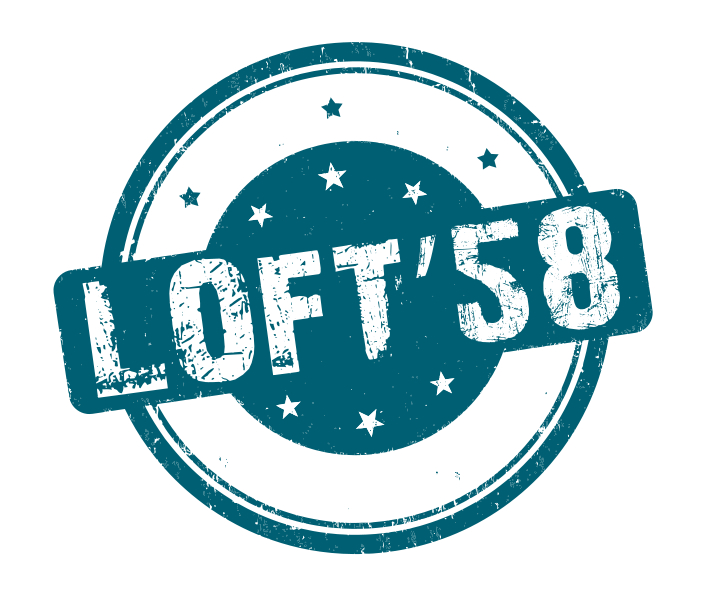
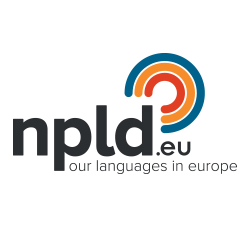
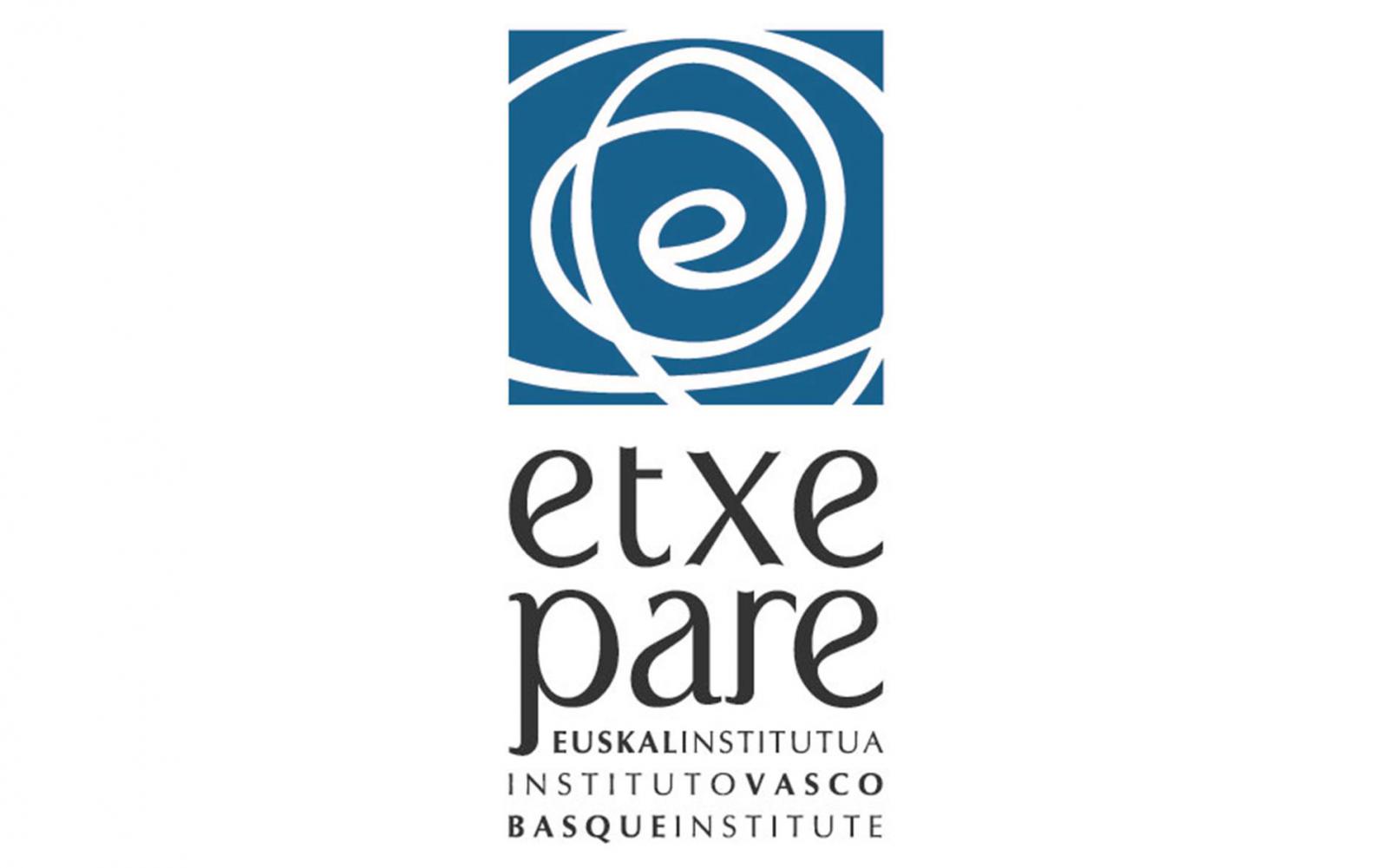
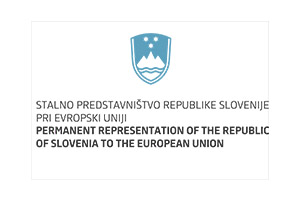

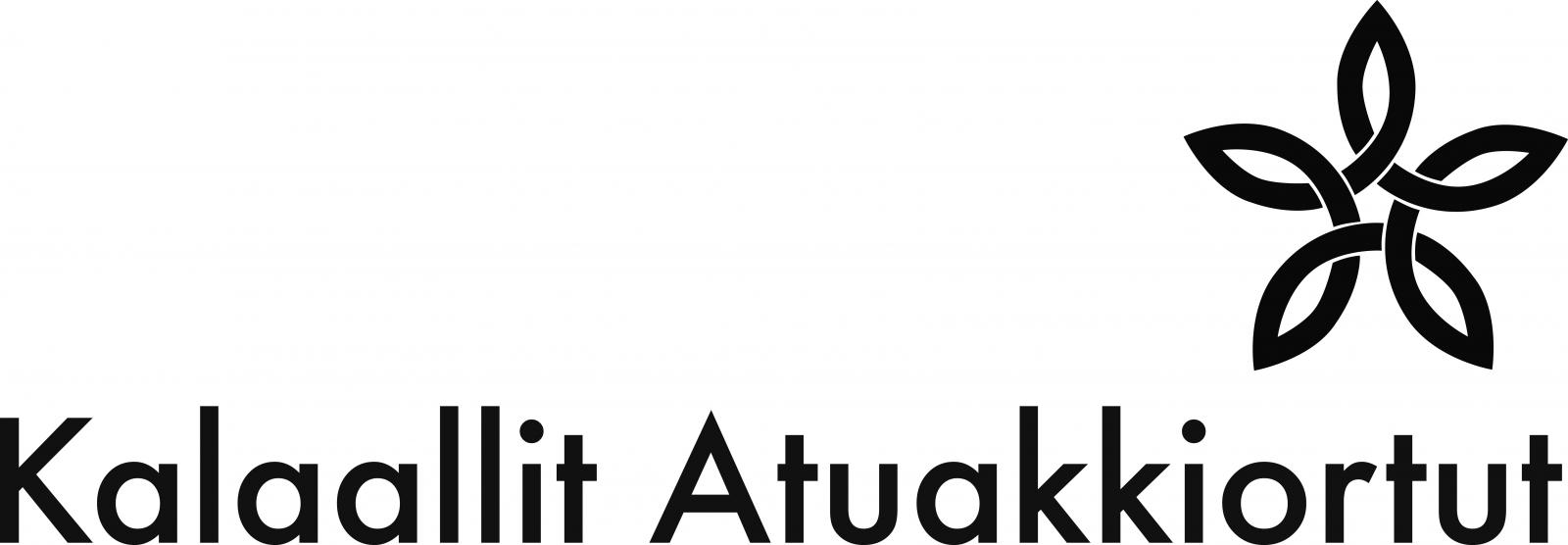
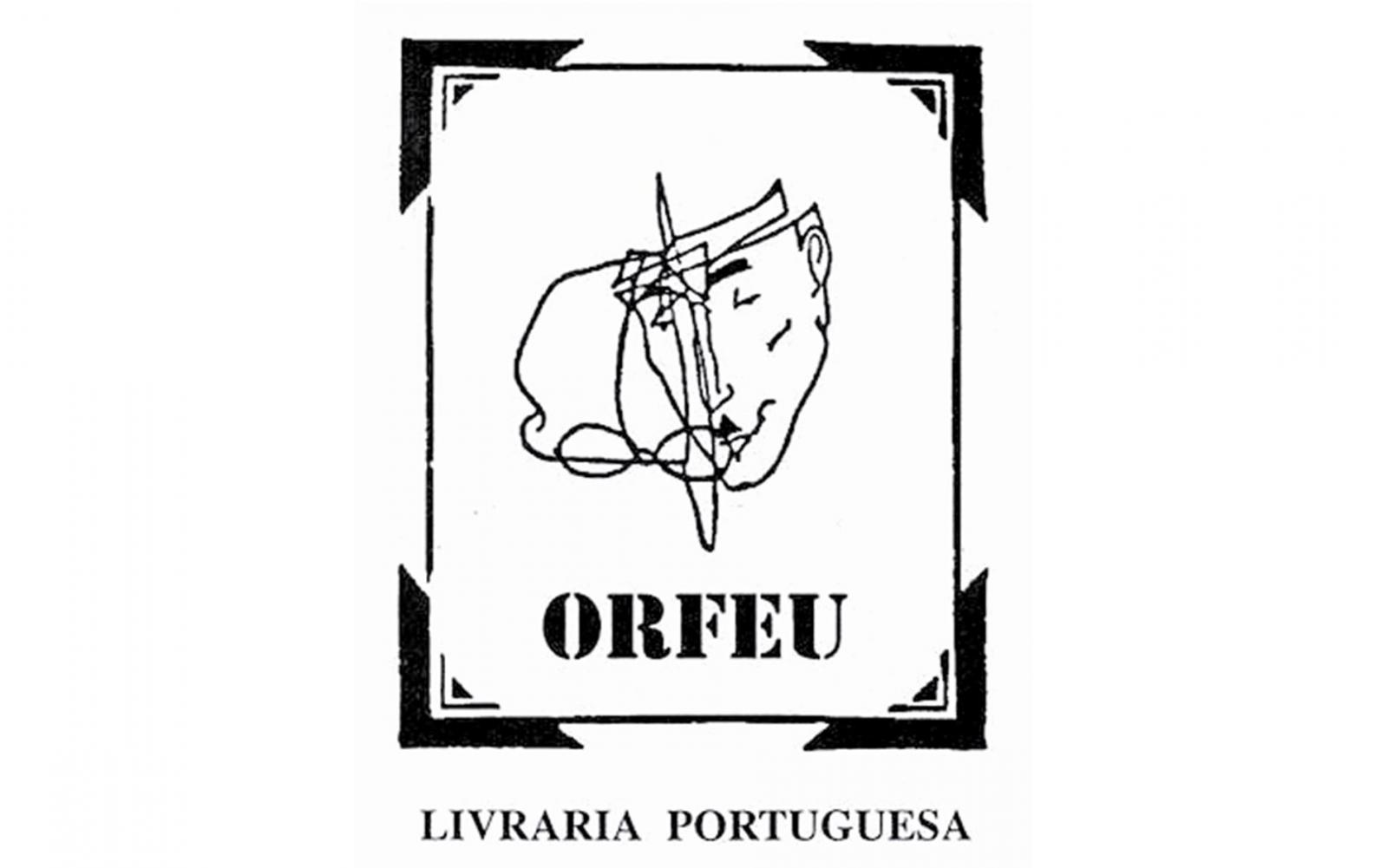



/RO - on the website.png)
